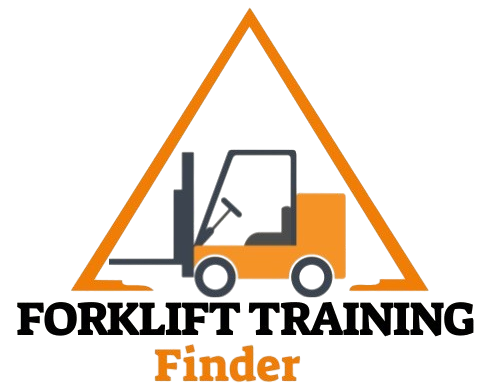
If you’re looking to advance your career as a certified forklift operator, understanding the steps involved in gaining your certification is essential. This guide will provide you with a complete overview of the certification process, the types of courses available, and tips on how to choose the best training provider for your needs. Becoming a certified forklift operator not only improves your employability but also ensures that you can operate forklifts safely and efficiently in a professional environment.
Why Become a Certified Forklift Operator?
Before diving into the certification process, let’s look at why becoming a certified forklift operator is so valuable. Many industries, such as warehousing, construction, and manufacturing, require forklift operators to have proper certification. Not only does certification increase your chances of getting hired, but it also ensures you’re following safety protocols that protect both you and your workplace.
How to Get Certified for Forklift
To become a certified forklift operator, you’ll need to complete a course that includes both theoretical and practical training. Here’s a step-by-step guide on how to get started:
1. Find an Accredited Training Provider
The first step to getting your forklift certification is choosing an accredited training provider. Ensure the training school is recognized by industry standards, such as RTITB or NPORS in the UK. Accreditation guarantees that you’ll receive high-quality, comprehensive training that meets safety regulations.
2. Choose the Right Course for Your Experience Level
There are various forklift certification courses depending on your experience. For beginners, you’ll want to choose a course that covers basic forklift operation and safety guidelines. If you’re already an experienced operator, a refresher course might be more appropriate, and you can even opt for a 1-day forklift licence to get certified quickly.
Learn about 1-day forklift licence courses here.
3. Complete Classroom and Practical Training
Most courses include a combination of classroom-based theory and practical hands-on training. You’ll learn about the different types of forklifts, safe operating procedures, and how to perform basic maintenance checks. Practical sessions will allow you to operate the forklift under the supervision of a qualified instructor.
4. Pass the Certification Test
After completing the course, you’ll be required to pass a certification test that includes both written and practical elements. This ensures that you fully understand forklift safety protocols and have the necessary skills to operate the machinery efficiently. Upon passing the test, you will receive your certification, which is typically valid for 3 to 5 years.
Types of Forklift Licenses
There are different types of forklift licenses depending on the machines you’ll be operating. Below are the most common types:
- Counterbalance Forklift License: The most common type of forklift used in warehouses.
- Reach Forklift License: Used in narrow aisles and for high-level stacking.
- Telehandler Forklift License: Used on construction sites for moving large materials.
It’s crucial to choose the right course depending on the type of forklift you plan to operate, as different forklifts have varying operational controls.
How Long Does Forklift Certification Take?
The length of forklift certification training can vary depending on the course. For experienced operators, a 1-day forklift licence is available, allowing you to get certified within 24 hours. If you’re a beginner, you might need a longer course that lasts several days to cover all the basics of forklift operation and safety.
Where to Find Forklift Certification Courses
There are numerous training providers across the UK offering accredited forklift certification courses. Below are some recommended providers:
- Ritchies Training
- Offers 1-day courses for counterbalance and reach forklifts.
- Multiple locations across the UK.
- J&D Training Ltd.
- Offers refresher courses for experienced operators.
- RTITB accredited with multiple centers in the UK.
- Powerlift MH Training
- Offers a variety of forklift training courses, including 1-day certification for counterbalance and reach trucks.
For more details on finding the best forklift training providers near you, check out our guide here.
Benefits of Forklift Certification
- Increased Employability: Employers are more likely to hire certified operators who meet industry safety standards.
- Better Pay: Certified forklift operators often earn higher wages due to their specialized skills.
- Safer Work Environment: Certification ensures you’re equipped with the knowledge to operate forklifts safely, reducing the risk of accidents.
Conclusion
Becoming a certified forklift operator is an essential step for anyone looking to work in industries that rely on forklifts for daily operations. By following this guide, you can easily navigate the process of getting certified, ensuring you have the skills and qualifications needed to advance your career. Whether you opt for a 1-day forklift licence or a longer course, getting certified will make you more valuable in the workplace and help you operate forklifts safely and efficiently.

